Posted for fair use.....
Over the past few months, diplomatic activism around the Libyan civil war has intensified sharply. Two dynamics drove this process. First, the visible presence of Russian mercenaries fighting alongside the forces of Khalifa Haftar, the eastern-based leader of the Libyan National Army (literal...

jamestown.org
A Piece of a Greater Puzzle: The Libyan Civil War, External Influences and Regional Trends
Publication: Terrorism Monitor Volume: 18 Issue: 3
By: Dario Cristiani
February 7, 2020 06:33 PM Age: 3 mins
GNA Prime Minister Fayez al-Sarraj and Turkish President Recep Tayyip Erdogan (source: alaraby.co.uk)
Over the past few months, diplomatic activism around the Libyan civil war has intensified sharply. Two dynamics drove this process. First, the visible presence of Russian mercenaries fighting alongside the forces of Khalifa Haftar, the eastern-based leader of the Libyan National Army (literal Arabic translation is the Libyan Arab Armed Forces). Second, the overt military support promised by Turkey to the Government of the National Accord (GNA), the UN-backed and internationally recognized Libyan government, in return for the GNA signing several agreements with Ankara. Among them, the most important was the agreement to delimit the maritime Exclusive Economic Zone (EEZ) between the Turkish southern Mediterranean coast and Libyan northeast shore in late November 2019. However, it is erroneous to assume that Turkey stepped in to support the GNA militarily only in late November. In reality, Ankara has delivered essential support to the GNA resistance against Haftar’s military aggression. Turkey has provided weapons, drones, munitions, and technical support since late April 2019 at least, when the GNA Interior Minister Fathi Bashagha went to Ankara to plea for Turkish help (
Libyan Express, April 30, 2019).
This open Turkish activism turned into a sort of wakeup call for the Europeans. All of a sudden, after months of inaction, Germany, France, Italy, and the European Union through its new foreign minister, Josep Borrell, started working restlessly to accelerate the organization of the Berlin conference and to allow the Europeans to regain a role in Libya. Renewed attention due to the developments over the previous nine months prompted several foreign actors to meet in Berlin on January 17 (
Deutsche Welle, January 15). However, despite the hype, the conference brought minimal concrete results: the parties involved agreed on a truce, but without a mechanism to sanction arms embargo violations and external interference—the initial rationale of the conference. Its most significant result was the full diplomatic recognition of Haftar. About one week after the meeting, hostilities restarted in Libya, with countries backing both sides providing weapons and military support to their proxies.
Russia and Turkey: Dominating the Scene
The April 4 military operation launched by Haftar opened a new phase of the Libyan conflict, structurally shifting the strategic context of the civil war (see
TM, April 5, 2019;
The Independent Arabia, November 4). The room for a negotiated political settlement that was supposed to be defined in the national conference in Ghadames scheduled for mid-April 2019 disappeared. Despite the LNA’s confidence in the achievement of a quick victory, the conflict became even more protracted.
Haftar’s historical backers—the UAE, Saudi Arabia, Egypt, Jordan, France—supported his offensive, but none of them ever publicly admitted this support. Strategic opacity has always been a feature of the external countries that were operating in Libya alongside both fronts. These actors were providing weapons and military support, violating the arms embargo that was imposed on Libya in 2011. Then, in November 2019, Turkey went public, announcing its intention to deploy military forces in support of the GNA. For the first time, one of the foreign backers openly said it would intervene in the conflict in favor of one of the sides. The other external parties did not follow suit. Yet, the Turkish actions had a tremendous effect on the conflict.
Russia was also among the countries supporting Haftar. That said, its role is slightly different from that played by other countries. Many noted the Russian role only when Russian mercenaries started appearing on the Libyan battlefront, significantly tilting the balance of power in favor of Haftar’s forces. Highly trained mercenary forces, even in relatively small numbers, made a terrific impact in a war fought mainly by irregular and poorly trained militias mostly composed of youths with little to no experience of war. However, Russia already started increasing its role in eastern Libya years ago. Beginning in 2016, Moscow printed banknotes that later went into circulation in the east, in what is the de facto dual currency regime currently in place in Libya (
The Libya Observer, May 25, 2016). On top of this, Russia also managed to maintain open channels with all the parties in the conflict: including Sarraj, as shown by his presence in Sochi, and the Misratans (
Libya Herald, September 13, 2017;
The Libya Observer, October 24, 2019;
Libya Herald, April 19). Groups from Misrata represent the backbone of the GNA resistance, as shown by the centrality that Misratan leaders such as the already mentioned Bashagha or Ahmed Maiteeq played in organizing the GNA resistance. However, once Wagner’s fighters appeared in support of Haftar forces, Russia became more and more influential, although the logic of its support for Haftar is different than that of the UAE—by far Haftar’s most committed supporter—and Egypt. For Russia, Haftar’s advancement is not a goal in and of itself. Instead, it is primarily a tool to increase influence vis-à-vis other actors involved in Libya, not only among those supporting the GNA but also among the other supporters of Haftar.
As previously mentioned, Erdogan went public on Turkey’s intention to help the GNA militarily in late November 2019. This support, however, was not due to historical and cultural elements, though many GNA leaders have family names recalling their Ottoman origins. The argument that depicts the Turkish involvement in Libya as being driven by neo-Ottoman ambitions and historical relations is utterly misleading. Turkey intervened firmly and openly in support of the GNA primarily for economic and geopolitical reasons. Before the signing of the maritime agreement, Turkey had in fact begun de-escalating its military support for the GNA after the summer and especially after it launched operation “Spring of Peace” in Syria. Turkey had to focus on more pressing issues at its borders. The country was growing frustrated with the GNA, and domestic public opinion was, and remains, not very keen on a Libyan engagement.
The willingness of the GNA to sign the agreement on maritime delimitations and to preserve Ankara’s contracts in Libya triggered renewed Turkish support. That the GNA would sign the agreement reflects its isolation and the then desperate situation. Erdogan realized that by pushing the agreement, Turkey could have a valuable asset that would increase pressure on those countries forming an emerging geo-economic bloc in the eastern Mediterranean—Egypt, Israel, Greece, Cyprus, and Italy.
Implementing the military support required by the GNA was nevertheless problematic amid a number of logistic, tactical and strategic constraints to project military power in a country which is 2,000 kilometers away. However, as the Libyan civil war remains a conflict with many weapons, but relatively few local fighters, it does not take much to change the military balance on the ground. Turkey first used groups predominantly consisting of Syrian Turkmen fighters—its historical proxies in the Syrian war—and then slowly built up its military presence in western Libya. The project remains problematic, however, without military bases in countries neighboring western Libya from which to organize military operations.
Russia and Turkey’s deep influence on both sides of the conflict brought the two countries together for a meeting in Moscow, before the Berlin conference. In this meeting, Libyan actors—Fayez al-Sarraj and Khaled al-Mishri (the Chairman of the High Council of State) from the Tripoli side and Khalifa Haftar and Aguila Saleh (the Speaker of the House of Representatives, the internationally recognized Libyan parliament) from the Tobruk side— went to Moscow to sign a ceasefire, although the two delegations did not meet directly. However, while Sarraj and Mishri signed, Haftar did not. This was further proof that while foreign powers are naturally essential in the Libyan conflict, they often have problems in imposing their wishes on local actors, and this has often been the case with Haftar.
The Libyan Civil War as a Function of Other Conflicts
The Libyan conflict has to be seen as a part of the emerging dynamics in the eastern Mediterranean. For years, the conflict was seen as an appendix of Gulf politics, especially following the Qatar blockade; as an arena for intra-European competition, for instance between Italy and France; or intra-Maghrebi, as shown by the duplication of negotiations around 2014 and 2015 involving Algeria and Morocco. However, the nature of the proxy war and its increasingly internationalized nature has now entered a new stage. The linkage with the eastern Mediterranean is now more apparent: Turkey sees influence in Libya as a crucial element to breaking out from its own increasing isolation.
However, over the past few weeks, another regional dynamic emerged with the high potential to influence trends in Libya. On January 28, U.S. President Donald Trump unveiled what he defined as the “deal of the century,” his long-awaited plan to resuscitate the Israeli-Palestinian peace process (
Al-Jazeera, January 28). In this context, Egypt remains the crucial element for any arrangement concerning Israeli regional security. Since the Camp David accords in 1978, it has been clear that there cannot be a state-led war against Israel without Egypt. Preserving this strategic reality is a crucial element driving American foreign policy in the region since the 1970s and it obviously remains vital to keeping the current plan alive, at least theoretically, in the coming years. The UAE is essential for this plan. Abu Dhabi said that the project is a “serious initiative that addresses many issues raised over the years” and it is one of the most important Arab countries supporting the plan, especially economically (
The National [Abu Dhabi], January 29).
This dynamic will have evident effects on the Libyan theater as well: it reduces, even more, the incentive of the United States to sanction Haftar and intervene in favor of the GNA. Since the outbreak of the conflict in April, it was clear that the U.S. administration had a sort of dual view over Libya. President Trump was leaning in favor of Haftar, while the State Department had a more nuanced view, tilting more towards the GNA. That said, the first proof of this emerging dynamic is the non-reaction from Washington on the ongoing oil blockade in Libya. In the past, the United States made clear that one of the few red lines they had in Libya was oil production: an oil blockade would have been unacceptable, and this was an influential factor preventing Haftar from instrumentally using the control of oil fields and terminals that he secured in the Sirte Basin since 2016 and in the Fezzan from January 2019. The events of the past few weeks, however, suggest this is not a red line for the United States anymore. Libyan production fell from 1.3 million barrels a day before the blockade to 0.2 million as of early February, without causing any response from the United States (
OilPrice.Com, February 4).
Conclusion
The new phase of the Libyan civil war initiated in April 2019 has shown how external countries play an ever-growing role in a conflict that was already profoundly internationalized. All the actors involved in supporting both sides maintained a significant degree of strategic opacity, avoiding admitting their role in Libya openly. The military offensive launched by Haftar, destroyed the last hope for a negotiated political settlement. Still, this military operation did not deliver the quick victory Haftar and his supporters hoped. As the conflict became more and more entrenched, two dynamics became apparent—the increasing influence of Russia and Turkey. The latter did so by openly announcing a military deployment in support of the GNA. Turkish activism awoke European countries, which rushed to organize a conference in Berlin that, despite the hype, resulted in an apparent fiasco. As also shown by the diplomatic meeting promoted in Moscow under the auspices of Russia and Turkey, the momentum for a diplomatic settlement of the conflict has disappeared and any political agreement will be the result of military developments on the ground. However, the Turkish actions clearly showed how the conflict in Libya is linked to geo-economic and diplomatic developments in the eastern Mediterranean. Yet, this is not the only external conflict that will play a role in shaping dynamics in Libya. The U.S.-led peace plan for the Middle East will also bear a significant influence on the Libyan landscape, as has already been shown by the lack of response to the oil blockade launched by groups linked to Haftar. The Libyan conflict is thus more and more a function of other regional conflicts, a piece of a wider geopolitical puzzle linking together Gulf dynamics, European politics, Maghrebi rivalries, developments in the Israeli-Palestinian domain and the emerging geopolitical competition in the eastern Mediterranean.
 TM-Feb.-7-2020-Issue.pdf
TM-Feb.-7-2020-Issue.pdf
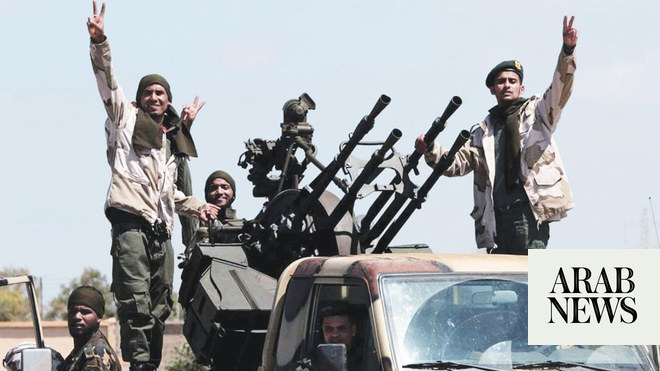
 www.arabnews.com
www.arabnews.com
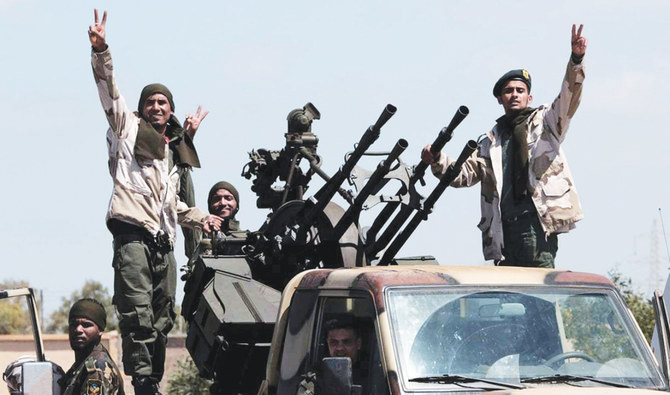

 arab.news
arab.news
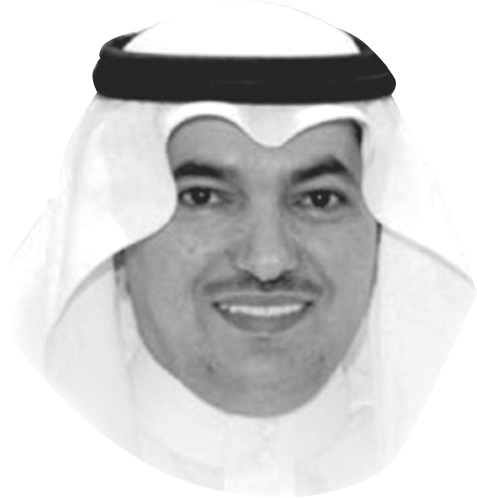
 www.arabnews.com
www.arabnews.com

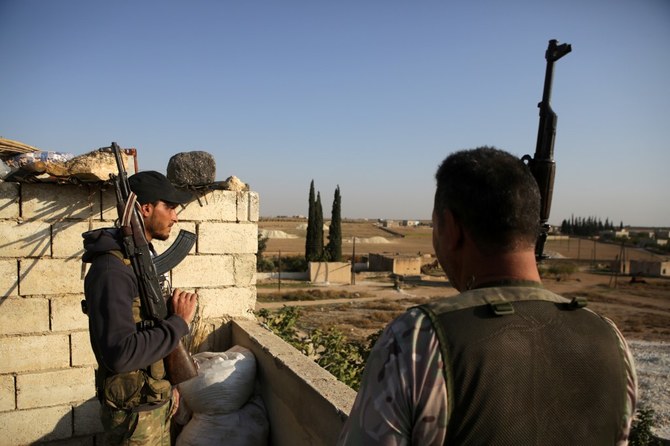

 arab.news
arab.news



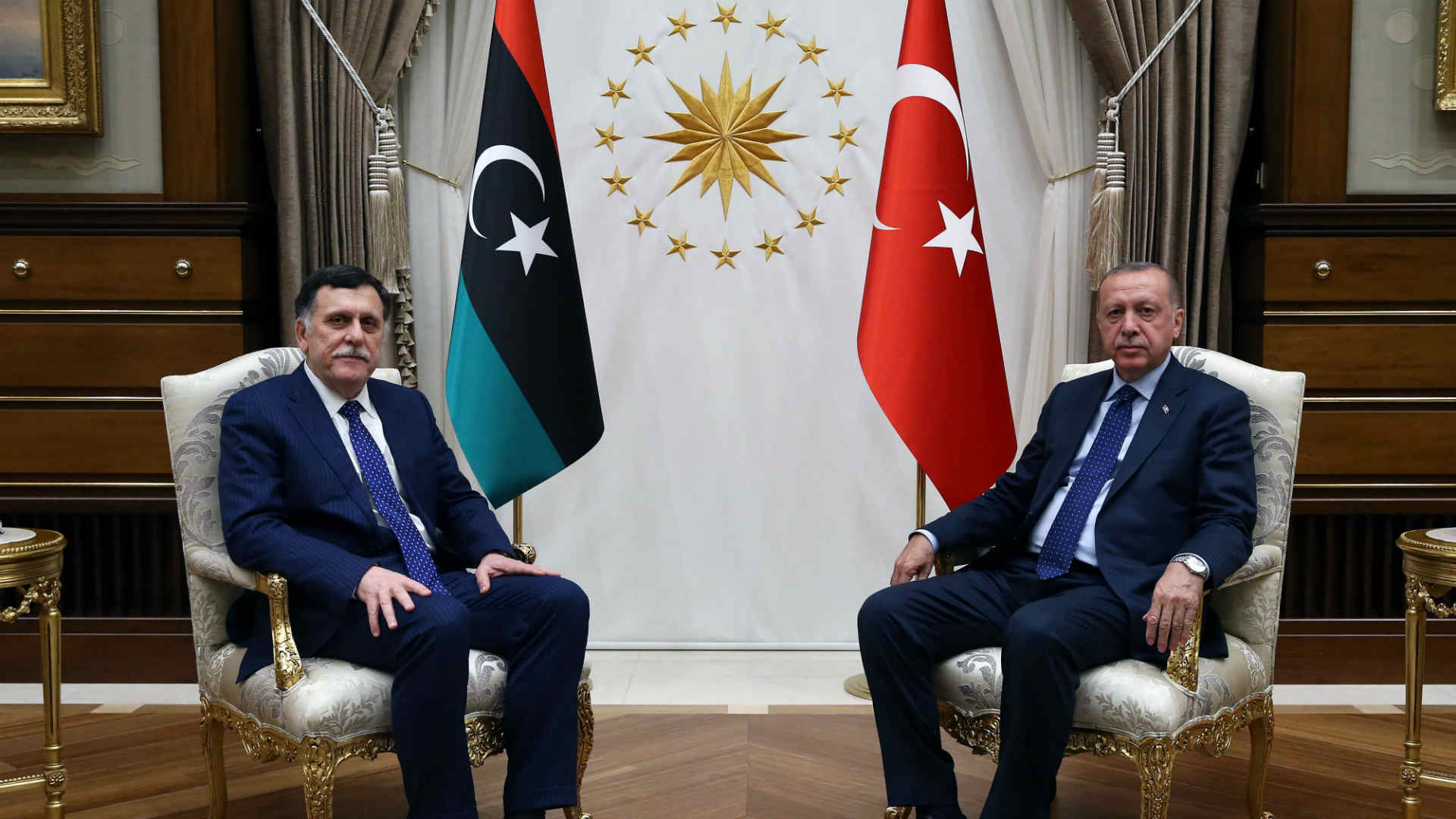

 TM-Feb.-7-2020-Issue.pdf
TM-Feb.-7-2020-Issue.pdf
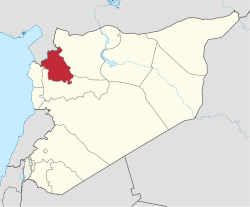



 english.iswnews.com
english.iswnews.com
